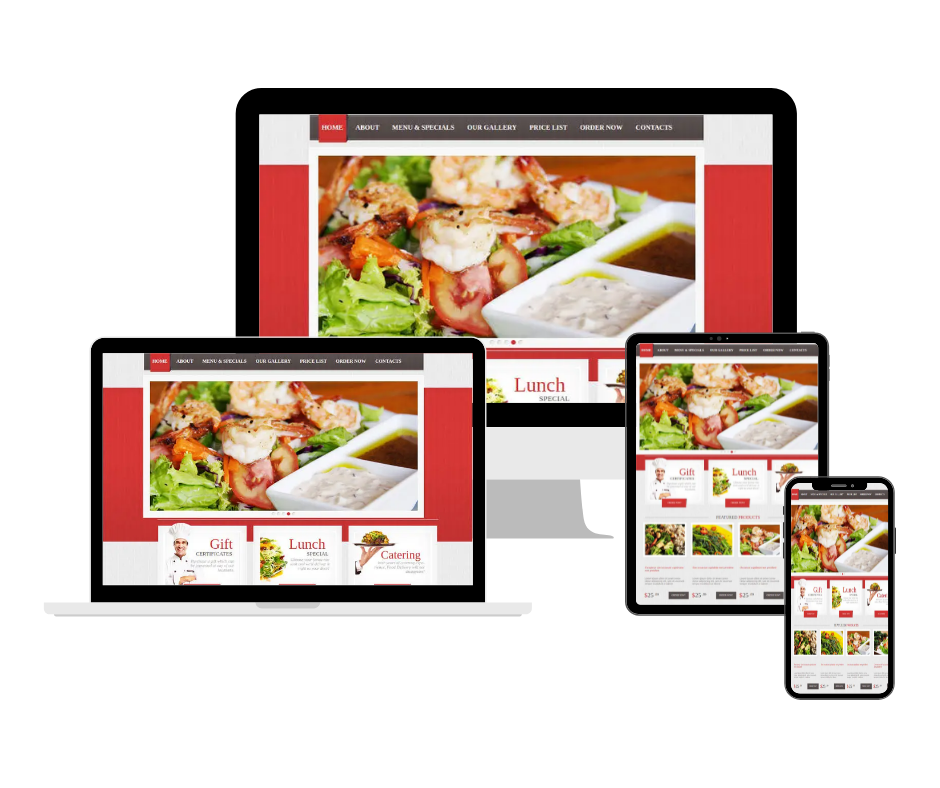Creating an eCommerce app can be a big undertaking, and there are many factors that you need to take into consideration before you begin. From which platform will your app run? Which native languages will it support? How will you structure your business model? This article walks you through the key considerations that you need to make in order to develop the perfect eCommerce app.
Comparing The Ecommerce Platforms
Before choosing an ecommerce platform, you need to compare what’s available and see which one will work best for your situation. Not all platforms are equal, and some have pricing tiers that are determined by size or sales volume. Here are a few questions you should consider: What type of business do you run? Selling hand-crafted jewelry online is very different from selling flashlights or swimwear. A good platform takes these kinds of factors into account when they create their design templates. What’s your business model? How will customers find your store and products on mobile devices? Do you want a responsive website design or do you want users to download an app? Are your customers primarily buying online or browsing in stores? In what time zone does your business operate in?
Selecting The Right Platform For You
First things first, you’ll need to determine whether you want a mobile app built natively or if it’s easier for you to create a mobile-friendly website. When it comes to choosing between these two options, you’ll need to take many different factors into consideration. One of these is your target market, and how receptive they are towards using apps as opposed to simply viewing them through their browsers. As well as thinking about how easy it is for people without smartphones or tablets — such as elderly relatives and friends — to use your site will also be an important aspect of your decision process.
Ecommerce Apps and Android OS
Android apps are available in both versions: free and paid. The free apps can be downloaded from online portals, and these apps are good for tracking simple purchases. These apps also offer an automated system for ordering products regularly. Some of these apps have option wherein you can add your products and allow customers to place orders from your portal. On other hand, android OS enables ecommerce store owners on an app basis to enable quick payments, track inventory levels and provide customers with real-time updates about their orders placed on a particular ecommerce store owner’s website or online store. In addition, android OS is one of the most popular mobile operating systems which is mainly used for smartphones but has started gaining importance among tablet PC users as well.
Is Shopify Ideal?
Choosing an ecommerce platform is a matter of personal preference. If you’re not looking for anything advanced and simply want something that will take care of payments, shipping, and orders, Shopify may be exactly what you’re looking for. It’s quick and easy to set up an online store in less than five minutes. It has flexible design options and powerful third-party apps that can help make your store unique. But because it’s aimed at beginner entrepreneurs and small businesses, Shopify isn’t ideal if you have high sales volume or plan on hiring multiple employees. Some say it lacks flexibility, which makes it difficult to scale with high-volume stores or when you need advanced functionality like inventory management software.
Hire App Developer – Android, iPhone, Web Application
Advantages of Shopify (Pros)
Shopify is one of the best options for small businesses looking to create an online store. The company offers a variety of apps, templates and themes that can help you launch quickly and efficiently. In addition, Shopify’s website builder software makes it easy for users who aren’t familiar with web development languages like HTML and CSS to create their own online stores. Moreover, Shopify has built-in SEO tools that allow users to optimize their websites for search engines like Google. The platform also has access to major payment processors like PayPal and Square so you can process payments directly from your website. Overall, Shopify is one of the most popular ecommerce platforms available today due in large part its ease of use.
Disadvantages of Shopify (Cons)
Although it is a good option for beginners, Shopify does have a few drawbacks. As mentioned earlier, you cannot use custom themes unless you pay for an add-on and some feel that too much money goes to Shopify. This can be a problem if your store becomes profitable enough that you would need more from Shopify than their basic package. Another drawback is that plugins are not supported; they only have apps, which can be expensive (around $200 per app). Lastly, you cannot develop your own code or change things like color schemes on your site without hiring someone or using paid third-party services.
Magento Vs. Shopify
Both of these platforms have been around for a while and are widely used by ecommerce companies. Magento has been very slow in adapting with its users’ requests, but has recently made improvements. Shopify is much more popular right now due to its ease of use, lack of outages and outstanding customer service. When deciding which platform you want to go with, it really just comes down to your specific needs. If your company does not currently have an online presence, Shopify will be a great place for you as you grow your business. It is easy enough that non-tech savvy people can handle it without needing outside help too often and can usually do so quickly on their own time.
Managing Your Shopify Store with an Admin Panel Section
Shopify also comes with a simple but efficient admin panel, which offers an overview of your entire store. The admin panel can be accessed anytime by clicking on your username at the top right corner of any page. You’ll get an access key for your web browser and a mobile app too, so you’ll be able to check out stats or make changes from wherever you are. Shopify lets you easily manage inventory levels or view profit/loss figures without having to rely on third-party apps.
Conclusion
With so many factors to take into account, it can be a daunting task trying to decide on which eCommerce platform will provide you with everything you need. Reviewing these key factors should give you a good idea of what’s available, so that you can then narrow down your options. The end result will be an app that app development company best suits your needs and comes in at an affordable price. Have we missed anything? Are there any other important factors when deciding on which app is right for your business? If so, let us know in the comments below!





